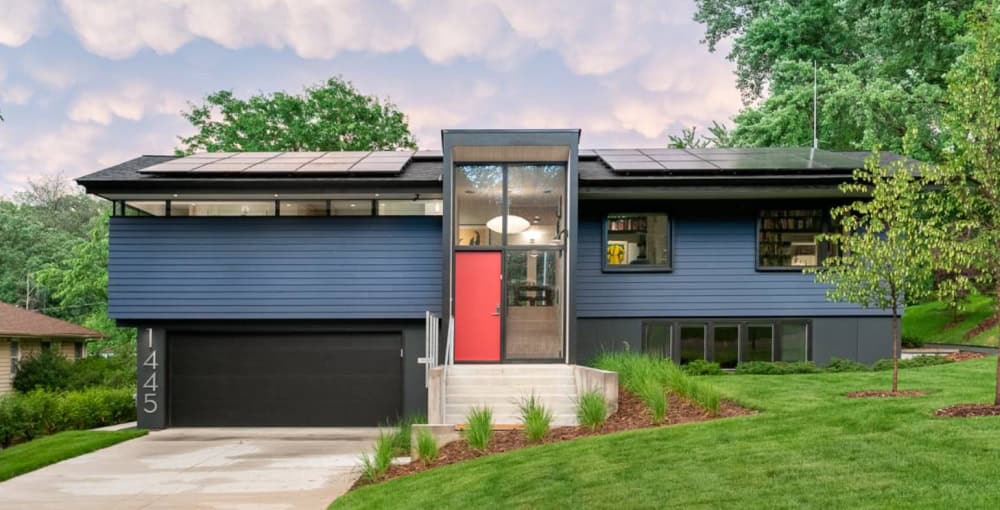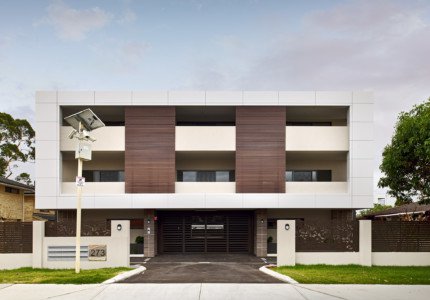Legalities of Knockdown and Rebuilding
Drop a Line if you have a Question!
Knockdown and Rebuilding
Are you considering knocking down and rebuilding your property? Before you swing that sledgehammer, it’s important to understand the legalities involved.
In this article, we will guide you through the maze of zoning and building regulations, permits and permissions, environmental impact assessments, insurance and liability, and contractual considerations.
By the end, you’ll have a clear understanding of the legal requirements you need to navigate to successfully undertake your knockdown and rebuilding project.

Zoning and Building Regulations
Zoning and building regulations can affect the process of knockdown and rebuilding.
When you decide to knock down and rebuild a structure, you need to be aware of the zoning laws in your area. These laws dictate what can be built in a particular zone and ensure that the new structure complies with the neighborhood’s standards.
For example, if you want to build a commercial building in a residential zone, you may face challenges obtaining the necessary permits.
Building regulations also play a vital role as they set certain standards for construction, such as fire safety, structural integrity, and accessibility.
It is essential to familiarize yourself with these regulations to ensure your project meets all the necessary requirements and avoids any legal issues.
Permits and Permissions
When it comes to permits and permissions, it’s important to comply with all the necessary regulations.
Before you start any knockdown and rebuilding project, you must obtain the required permits from your local authorities. These permits ensure that your construction plans meet the safety and zoning requirements set by the governing bodies. Failure to obtain the necessary permits can result in legal consequences and delays in your project.
Additionally, it’s crucial to understand any specific conditions or restrictions that may be associated with your permits. This includes adhering to construction timelines, noise limitations, and waste management guidelines.
Environmental Impact Assessment
It’s crucial to consider the potential environmental impact of your construction project and ensure compliance with all regulations. Conducting an Environmental Impact Assessment (EIA) is an essential step to evaluate the potential adverse effects of your project on the environment.
The EIA will help you identify and address any potential risks or negative impacts your construction may have on the surrounding ecosystems, air quality, water resources, and biodiversity. It will also assist you in developing effective mitigation measures to minimize any potential harm.
The assessment will involve a thorough evaluation of the project’s design, construction methods, waste management, and overall environmental management plan. By conducting an EIA, you demonstrate your commitment to sustainable development and help protect the environment for future generations.
Insurance and Liability
To protect yourself and your construction project, it’s important to understand the insurance coverage and liability requirements.
When embarking on a construction project, accidents can happen and unforeseen circumstances can arise. That’s why having the right insurance coverage is crucial.
Before you start any construction work, make sure you have adequate builder’s risk insurance to protect against property damage, theft, and vandalism. Additionally, liability insurance is essential to cover any injuries or damages that may occur on the construction site.
Understand the terms and conditions of your insurance policies, including the coverage limits and exclusions, to ensure you are adequately protected. It’s also important to be aware of any liability requirements that may be imposed by local laws or regulations.
Contractual Considerations
Before signing any contracts, make sure you fully understand the terms and conditions.
When it comes to knockdown and rebuilding, contractual considerations are crucial. It is important to have a clear understanding of what you are agreeing to before starting any construction project. Ensure that the contract outlines the scope of work, timelines, payment terms, and any potential penalties or additional costs.
Review the contract carefully, paying attention to any clauses regarding changes to the original plan or unforeseen circumstances. It is also essential to understand the warranty and liability provisions. Seek legal advice if needed to ensure you are protected and that the contract aligns with your expectations.
Taking the time to fully comprehend the terms and conditions will help prevent any potential disputes or misunderstandings down the line.
Conclusion
So, if you’re considering knocking down and rebuilding, it’s important to be aware of the legalities involved.
Make sure to familiarize yourself with zoning and building regulations, obtain the necessary permits and permissions, and conduct an environmental impact assessment if required.
Don’t forget to review your insurance coverage and liability before starting the project.
Lastly, make sure to carefully consider all contractual aspects to protect yourself and ensure a smooth process.
By taking these factors into account, you can navigate the legalities and successfully undertake your knockdown and rebuilding venture.

Have a question?
Become a
























